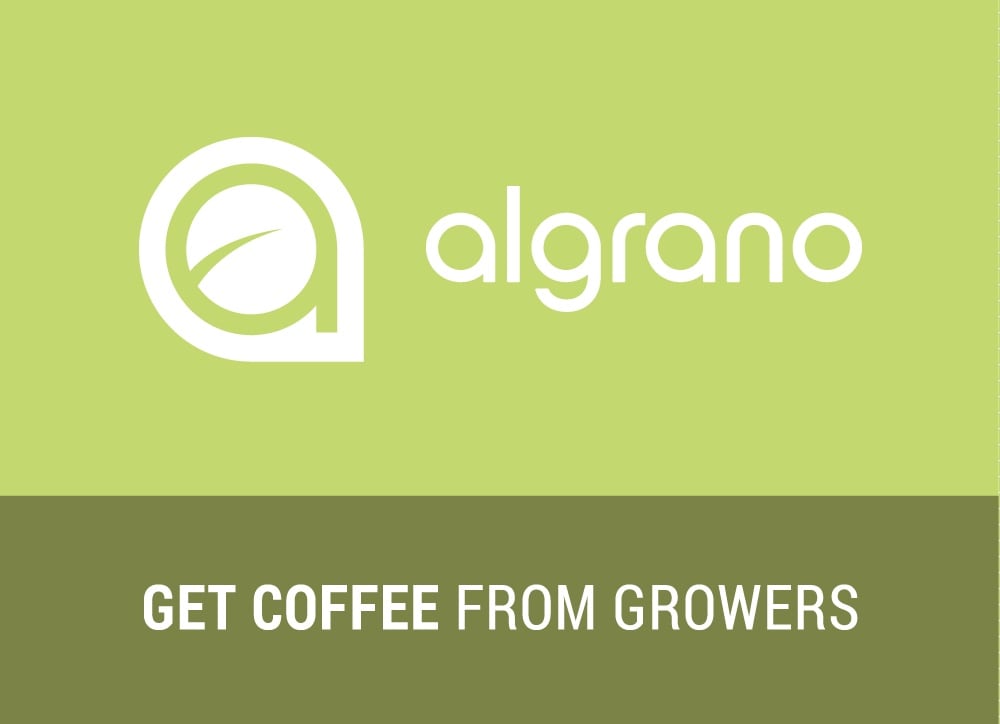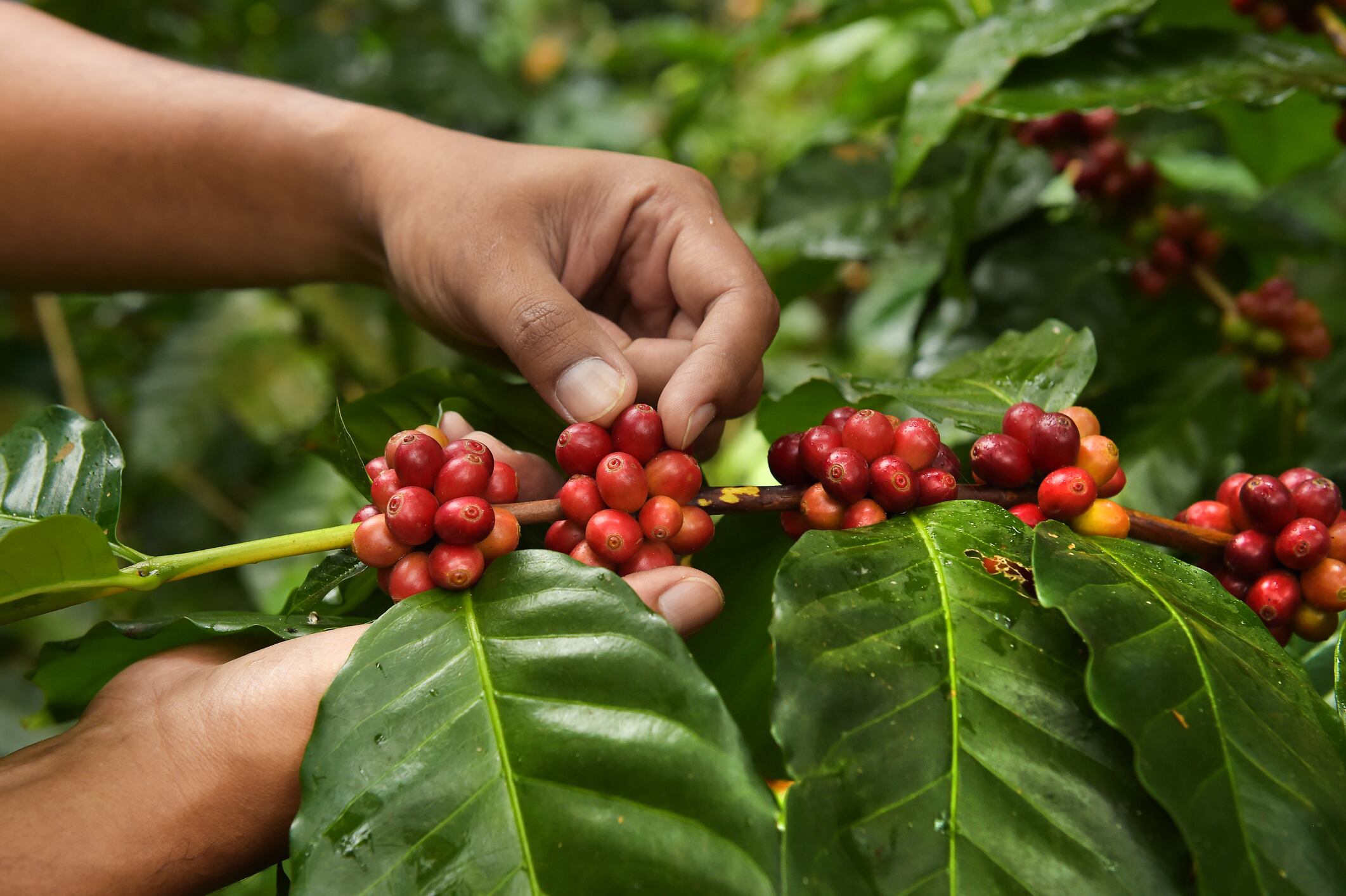Consejo Salvadoreño del Café (CSC) – El Salvador's coffee council representing more than 20,000 smallholder producers – signed the partnership with Algrano at World of Coffee in Amsterdam in June, this year.
Launched three years ago, Algrano is an online platform connecting coffee producers with coffee roasters in Europe, facilitating direct contact and trade. With more than 600 growers primarily based in Latin America, El Salvador represents a small but specialized coffee market alongside Brazil, Colombia and Peru.
We want to 'reduce dependence' on the market price
Last week, coffee prices plummeted to a twelve-year low on the New York futures market with Arabica futures dropping to below $1 per pound due to a world over-supply of coffee. The average farm gate price for sustainable coffee production In Latin America is anywhere between $0.88 and $1.75, according to research conducted by Fair Trade USA and Cornell University in 2015.
Hugo Hernández, executive director of Consejo Salvadoreño del Café, said working online with Algrano could be an effective way to reduce cost constraints.
“One of our priorities is to help reduce the dependence on the market price as producers and take advantage of the digital tools available that facilitate the direct marketing of their product to new markets,” Hernández said.
Importantly, he said Algrano also enabled El Salvador coffee producers to directly negotiate trade in a “fully traceable and transparent way”.
Peter Lerch, key account manager at Algrano, agreed the platform immediately boosted trade transparency – a major aim in the initial setup of Algrano.
“We have quite a lot of pictures on the platform and some data from the producers. Obviously, that has to be expanded – it's a continuous process – but since everything is online, you definitely just add transparency and that just enables you to push [the coffee] through to the consumer,” Lerch told FoodNavigator-LATAM.

Finer details like specialty processing techniques, unusual coffee varieties or quality grade were all included on the platform, he said, and it also showed costs that the producer received - “one of the things you cannot do via the trade route”.
Lerch said the CSC liked the platform because it provided its growers a different way to find new buyers.
“They have an online market access and our target customers are in Europe, although in principle other roasters in the world who sign up to the platform can see these offers because it's completely open.”
The majority of El Salvador's coffee trade goes to the US with between 20-25% exported into Europe.
Technology is 'firmly the future'
Lerch said that whilst coffee trade was “a century-old business”, it was an evolving industry and so moving online and using technology would have to form part of the sector's future.
“I believe firmly this is the future. Nowadays, with transparency and talking about digitalization every day, the younger generation wants to know where their coffee comes from. The data is becoming much more prevalent, it's a reality,” he said.

